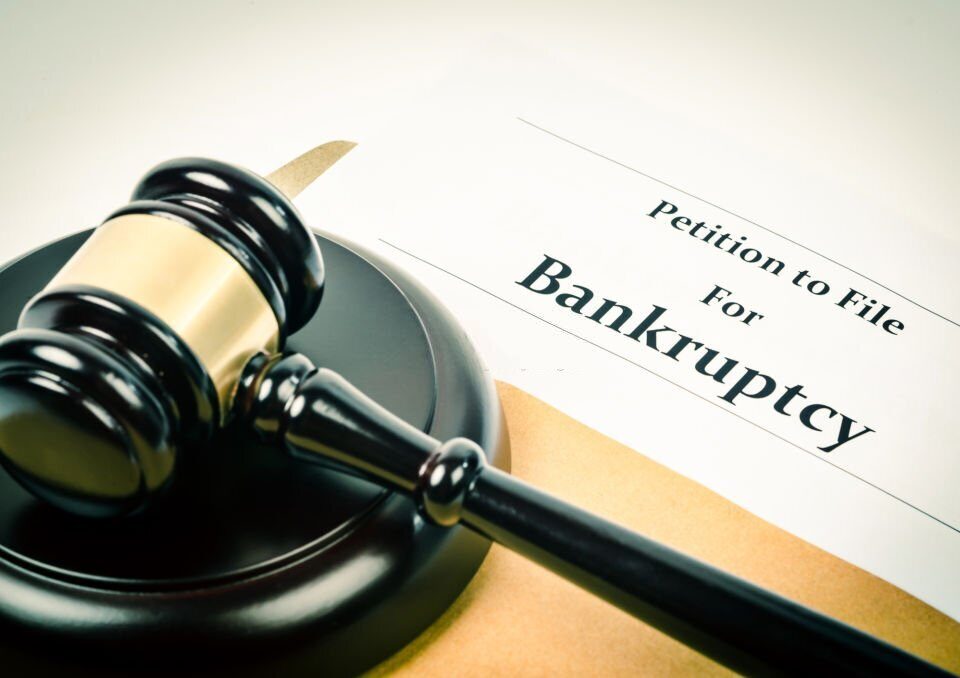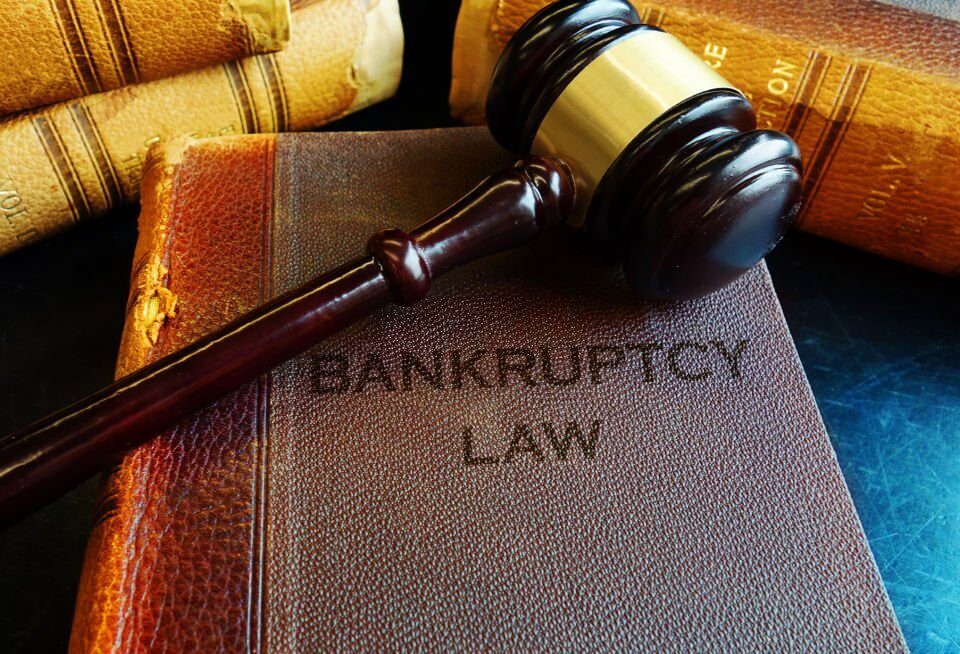How to Get Your Life Back Post-Chapter 7 Bankruptcy

How to Manage Life After Bankruptcy
November 8, 2017
7 Steps For Filing Florida Bankruptcy
December 1, 2017By the time a debtor gets to the point where he or she needs to file for Chapter 7 bankruptcy, he or she is at the point where they simply what relief. They have been hounded by creditors for months and just want to start over again from scratch.
Chapter 7 gives debtors that ability. However, what happens after bankruptcy is final? How does the debtor get back on his or her feet again?
Understanding Chapter 7 Bankruptcy
Chapter 7 bankruptcy is known as liquidation bankruptcy. When the petition is filed, an automatic stay is issued, halting any collection proceedings going against the debtor at that time.
The bankruptcy trustee hears all claims from the debtor’s creditors and assesses them appropriately. At the end of the proceedings, the remaining debts that are not exempt from discharge are liquidated, thus wiping the slate clean for the debtor.
The problem is, however, that a Chapter 7 bankruptcy stays on the debtor’s record ten years from the filing date. It does present a blemish on the debtor’s record which can affect his or her ability to get a home or a future loan later on down the road.
It is not impossible to rebuild the filer’s credit, but it just takes time and a little effort.
Debt Counseling
Chapter 7 filing does not just include an immediate discharge of debt. Debtors also have to work through pre-discharge credit counseling, learning the basics of budgeting.
The purpose of this program is to help debtors once the process is over so that they do not end up in the same situation years down the road. Keep in mind that debtors will not be able to file for Chapter 7 and receive another discharge of debts for at least eight years.
This means that they will need to figure out how to make their financial situations work for them. The debt counseling will help debtors learn how to budget appropriately for their life situation and to ensure that they build an emergency fund in the event the unexpected happens to avoid running more credit card debt if that does happen.
Monitoring The Credit Score
One of the first tools that an individual who just completed Chapter 7 bankruptcy can utilize is a free annual credit report. These reports can help debtors monitor their credit scores to ensure that they are 1) improving; 2) are clean from errors and 3) help repair any errors if they are discovered.
Mistakes do happen, and the last thing that a debtor wants is to find out that a mistake is on his or her credit report when it is too late.
Building Up Credit
Keeping track of his or her credit score is only half the battle. The debtor will also want to rebuild credit for future purposes. Lenders may look at the debtor’s situation as a bit risky.
After all, they are likely scared that the person will not pay their debts if they build up. The last thing a creditor wants is to be another debt liquidated in the future, right?
Credit can be rebuilt through the proper product. The debtor needs to give the lender extra reassurance that he or she will pay his or her obligations.
This reassurance can be done through the following products:
- Secured Loan: The debtor can seek what is called a secured loan. A secured loan is one that allows the debtor to borrow money against what he or she already has available. Credit unions or banks offer these types of loans for people who have accounts through their financial institution. The money on hand works as collateral guaranteeing the obligation will be secure. In return for the loan, the bank or credit union agrees to send a report to the credit bureau with the debtor’s successful payment history in hopes of restoring that person’s credit score.
- Secured Credit Card: Like a secured loan, a secured credit card is backed by a deposit paid by the debtor. He or she is then limited in what can be used on the credit card based on what has been deposited. Secured credit cards do carry higher than normal annual fees and interest rates, but the point of the secured credit card is not to use it for the long term. It is to build credit as quickly as possible so that, when the debtor becomes eligible, he or she can seek a better, unsecured card.
Contact Us Today
At RLC Lawyers & Consultants, we are here to walk you through this stressful process of bankruptcy. To request to schedule a free consultation, please call us at (561) 571-9610 today.



